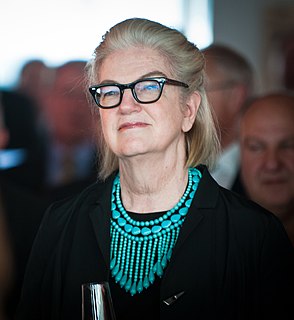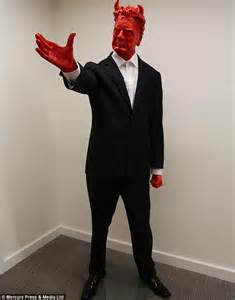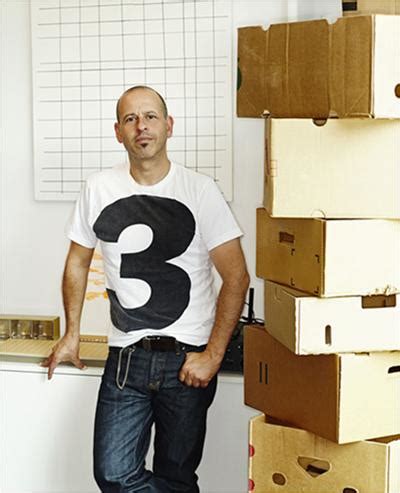A Quote by Thomas Koerfer
If you're smart enough you realise that your possessions possess you in their turn. Collecting has a neurotic aspect. I find it boring when collectors found their own private museums or try to establish a memorial to themselves in the form of their collections, it's part of the old aristocratic mentality. I think a collection ought to be dismantled after the collector's death.
Related Quotes
When museums are left with so little money that their future is in the hands of private donors, then they are unable to develop their own signatures by collecting themselves. On the other hand, though, I think we should also celebrate the fact that there is a lot of art that lives outside of, or on the outskirts of, the art market - and it is doing quite well.
Though collecting quotations could be considered as merely an ironic mimetism -- victimless collecting, as it were... in a world that is well on its way to becoming one vast quarry, the collector becomes someone engaged in a pious work of salvage. The course of modern history having already sapped the traditions and shattered the living wholes in which precious objects once found their place, the collector may now in good conscience go about excavating the choicer, more emblematic fragments.
Sitting with a deck of cards in your hand all day is an obsession. Visiting print shops and bookstores and libraries is an obsession. And writing about this is an obsession. I think, in general, most collectors are obsessed. I think the only form of a rationalized greed is when you're collecting something you are supposedly serious about.
Material possessions, in themselves, are good. We would not survive for long without money, clothing and shelter. We must eat in order to stay alive. Yet if we are greedy, if we refuse to share what we have with the hungry and the poor, then we make our possessions into a false god. How many voices in our materialist society tell us that happiness is to be found by acquiring as many possessions and luxuries as we can! But this is to make possessions into a false god. Instead of bringing life, they bring death.
Since a good part of my life has been wasted dealing with fools just like them, it's not worry I feel but weariness as I watch the approach of one more episode in the old, tired story of men who try to beat life, the smart ones who think they know it all and die with a look of surprise on their faces: at the final moment they always see the truth - they never really understood anything, never held anything in their hands. An old story, old and boring.
A big part of making music is the discovery aspect, is the surprise aspect. That's why I think I'll always love sampling. Because it involves combining the music fandom: collecting, searching, discovering music history, and artifacts of recording that you may not have known existed and you just kind of unlock parts of your brain, you know?
Try to find your individuality, your integrity, and make the effort of not compromising. Because the more you compromise, the less you are an individual. You are only a cog in the wheel, just a part in the vast mechanism, just a small part of the mob - not an individual in your own beauty, in your own right. I am absolutely against compromise. Death is far more beautiful than a life of compromise.
I have never said that human society ought to be aristocratic, but a great deal more than that. What I have said, and still believe with ever-increasing conviction, is that human society is always, whether it will or no, aristocratic by its very essence, to the extreme that it is a society in the measure that it is aristocratic, and ceases to be such when it ceases to be aristocratic. Of course I am speaking now of society and not of the State.

































